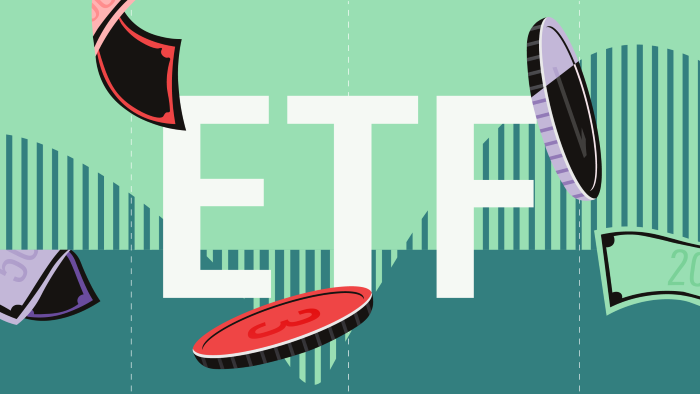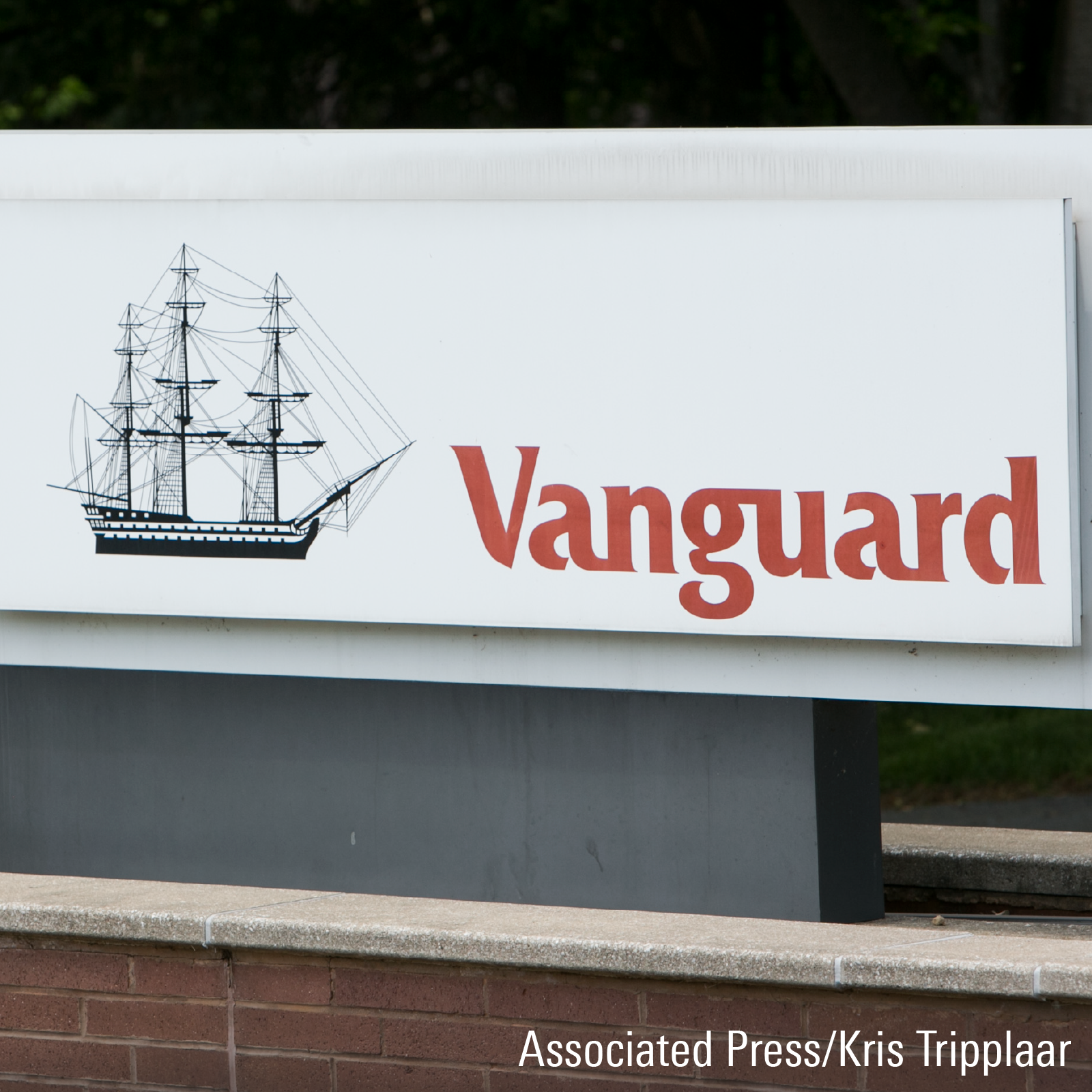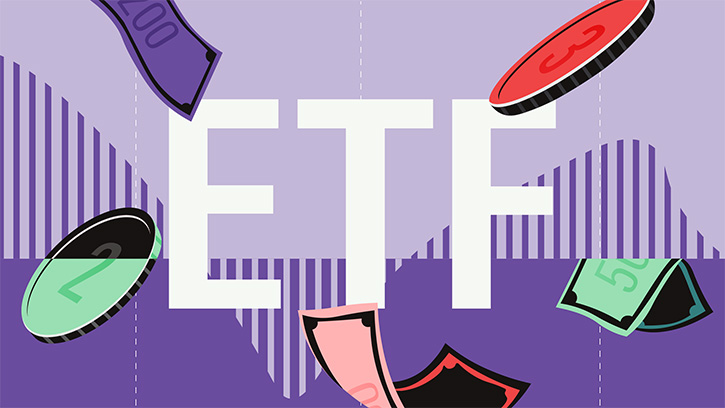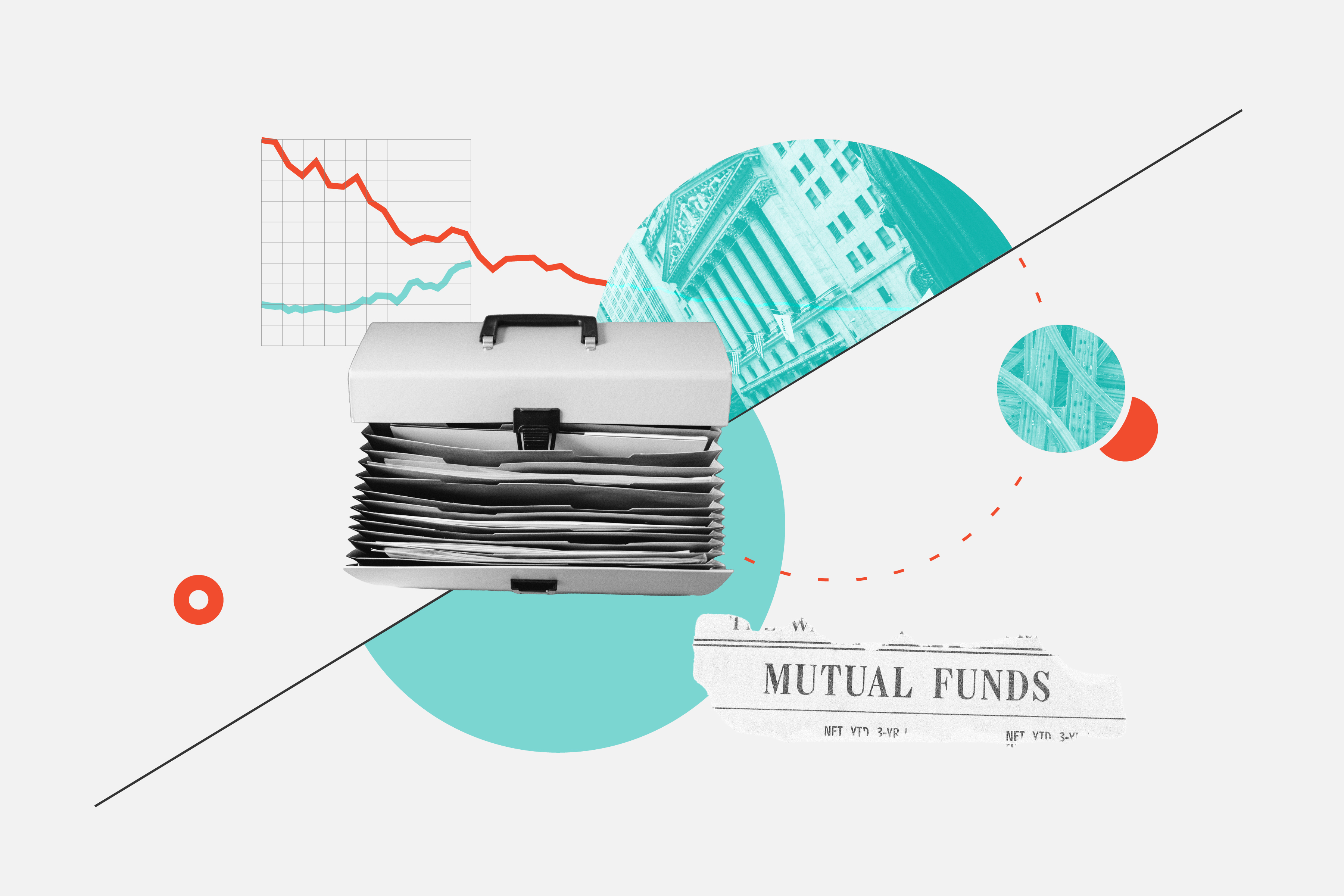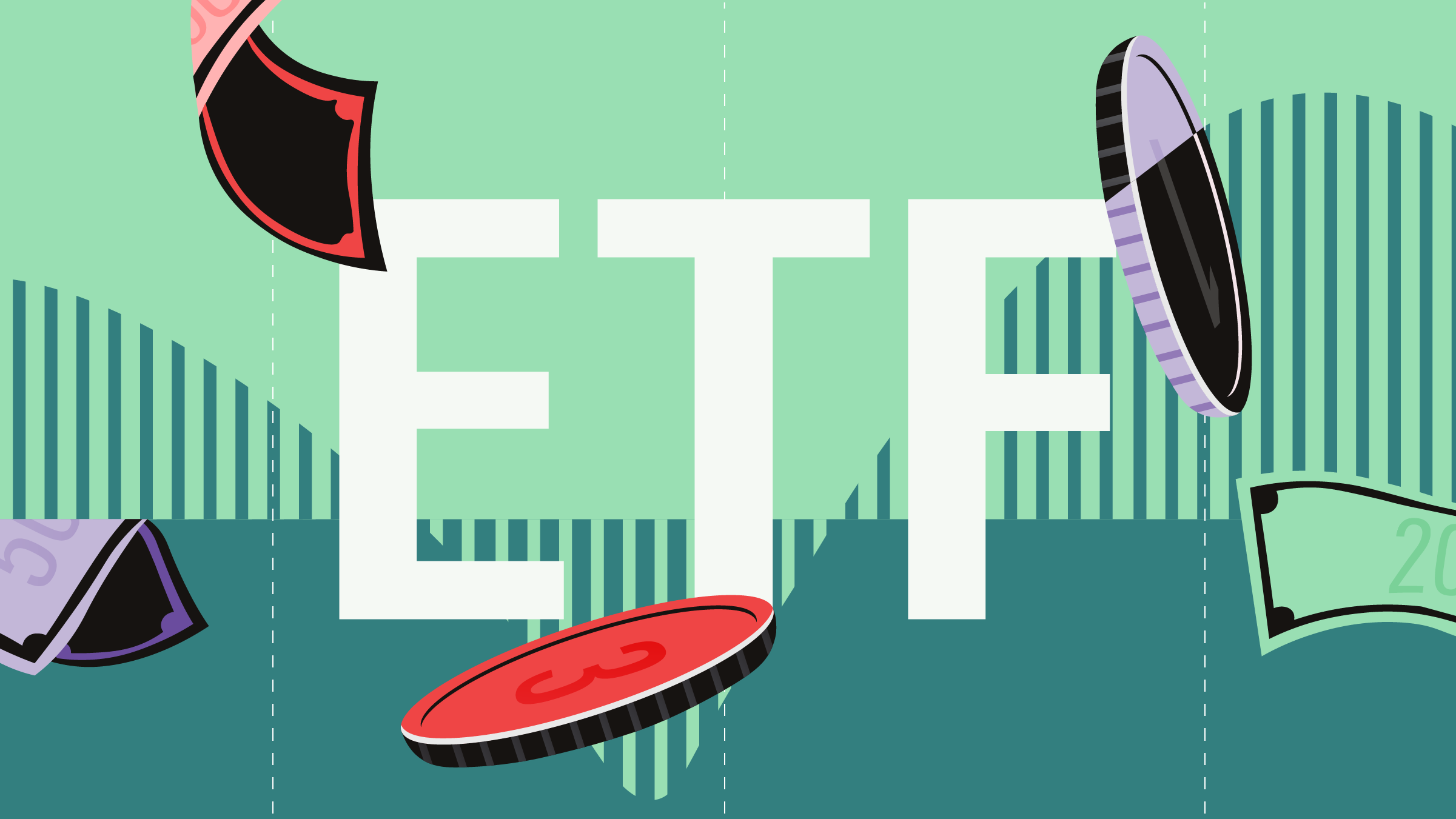
Exchange-traded funds, or ETFs, are often low-cost instruments for investors to track popular indexes or leverage experienced manager choices in an attempt to beat the market. The best ones serve as building blocks for a portfolio, and unlike open-end mutual funds, all ETFs are traded throughout the day on an exchange.
In August 2024, the worst performers included iShares S&P US Small-Cap Index ETF XSMC and Mackenzie China A-Shares CSI 300 Index ETF QCH. Data in this article is sourced from Morningstar Direct.
To read about the best-performing ETFs, check out [INSERT LINK HERE] our other story.
Screening for the Worst-Performing ETFs
To find the month’s worst-performing ETFs, we screened equity, allocation, and fixed income funds that trade within Canada for those that have at least C$10 million in total assets. We narrowed the list to only ETFs with parent pillars for their Morningstar Medalist Ratings of average or above, meaning our analysts believe they're backed by industry-standard asset management companies. We also excluded exchange traded notes, known as ETNs.
The 10 Worst-Performing ETFs for August 2024:
1. iShares S&P US Small-Cap Index ETF XSMC
2. Mackenzie China A-Shares CSI 300 Index ETF QCH
3. BMO S&P US Small Cap Index ETF ZSML
4. TD Q US Small-Mid-Cap Equity ETF TQSM
5. iShares S&P/TSX Global Base Metals Index ETF XBM
6. Vanguard Global Value Factor ETF VVL
7. Global X Pipelines & Energy Services Index ETF PPLN
8. BMO S&P US Mid Cap Index ETF ZMID
9. Dynamic Active International Dividend ETF DXW
10. iShares S&P/TSX Capped Energy Index ETF XEG
Metrics for the Worst-Performing ETFs
iShares S&P US Small-Cap Index ETF
• Morningstar Rating: 4 stars
• Expense Ratio: 0.22%
• Morningstar Category: US Small/Mid Cap Equity
The worst-performing ETF in August was the C$53 million iShares S&P US Small-Cap Index ETF, which lost 3.97%. The passively managed iShares ETF fell further than the average 1.92% loss on funds in the US small-cap/mid cap equity category in August. Over the past 12 months, the iShares S&P US Small-Cap Index ETF rose 16.34%, placing it in the 45th percentile within its category and roughly in line with the 15.69% return on the average fund.
The iShares S&P US Small-Cap Index ETF, launched in September 2019, has a Morningstar Medalist Rating of Bronze.
Mackenzie China A-Shares CSI 300 Index ETF
• Morningstar Rating: 4 stars
• Expense Ratio: 0.72%
• Morningstar Category: Greater China Equity
With a 3.92% loss, the C$22 million Mackenzie China A-Shares CSI 300 Index ETF was the second-worst performing ETF on our list for August. The passively managed Mackenzie ETF fell further than the average 2.25% loss on funds in the Greater China equity category. Over the past 12 months, the Mackenzie China A-Shares CSI 300 Index ETF lost 8.20%, placing it in the 80th percentile within its category and falling further than the 6.53% loss on the average fund.
The Silver-rated Mackenzie China A-Shares CSI 300 Index ETF was launched in February 2018.
BMO S&P US Small Cap Index ETF
• Morningstar Rating: 4 stars
• Expense Ratio: 0.22%
• Morningstar Category: US Small/Mid Cap Equity
The third-worst performing ETF in August was the C$169 million BMO S&P US Small Cap Index ETF, which fell 3.82%. The BMO ETF, which is passively managed, fell further than the average 1.92% loss on funds in the US small-cap/mid cap equity category. Over the past 12 months, the ETF rose 16.48% to place in the 41st percentile within its category, roughly in line with the category's average 1-year return of 15.69%.
The BMO S&P US Small Cap Index ETF has a Morningstar Medalist Rating of Bronze. It was launched in January 2020.
TD Q US Small-Mid-Cap Equity ETF
• Morningstar Rating: 5 stars
• Expense Ratio: 0.44%
• Morningstar Category: US Small/Mid Cap Equity
The C$366 million TD Q US Small-Mid-Cap Equity ETF was the fourth-worst performing ETF in August, with a loss of 3.37%. The actively managed TD ETF performed worse than the average 1.92% loss on funds in the US small-cap/mid cap equity category. Over the past year, the ETF gained 20.89% to land in the 7th percentile within its category, outperforming the category's average one-year return of 15.69%.
The Neutral-rated TD Q US Small-Mid-Cap Equity ETF was launched in November 2019.
iShares S&P/TSX Global Base Metals Index ETF
• Morningstar Rating: 3 stars
• Expense Ratio: 0.60%
• Morningstar Category: Natural Resources Equity
Fifth-worst was the C$240 million iShares S&P/TSX Global Base Metals Index ETF, which lost 3.35% in August. The passively managed iShares ETF fell further than the average 1.48% decline on funds in the natural resources equity category. Over the past year, the iShares S&P/TSX Global Base Metals Index ETF rose 3.76%, finishing in the 77th percentile within its category. It underperformed the category's average one-year return of 6.89%.
The iShares S&P/TSX Global Base Metals Index ETF has a Morningstar Medalist Rating of Gold. It was launched in April 2011.
Vanguard Global Value Factor ETF
• Morningstar Rating: 4 stars
• Expense Ratio: 0.38%
• Morningstar Category: Global Equity
The sixth-worst performing ETF in August was the C$370 million Vanguard Global Value Factor ETF, which lost 3.05%. The actively managed Vanguard ETF underperformed the average 0.32% gain on funds in the global equity category. Over the past 12 months, the Vanguard Global Value Factor ETF rose 19.26%, placing it in the 51st percentile within its category and roughly in line with the 19.91% return on the average fund.
The Vanguard Global Value Factor ETF has a Morningstar Medalist Rating of Silver. It was launched in June 2016.
Global X Pipelines & Energy Services Index ETF
• Morningstar Rating: 4 stars
• Expense Ratio: 0.74%
• Morningstar Category: Energy Equity
With a 2.89% loss, the C$30 million Global X Pipelines & Energy Services Index ETF was the seventh-worst performing ETF on our list for August. The passively managed Global X ETF performed roughly in line with the average 2.13% loss on funds in the energy equity category. Over the past 12 months, the Global X Pipelines & Energy Services Index ETF gained 14.24%, placing it in the 16th percentile within its category and outperforming the 9.56% return on the average fund.
The Global X Pipelines & Energy Services Index ETF, launched in July 2014, has a Morningstar Medalist Rating of Neutral.
BMO S&P US Mid Cap Index ETF
• Morningstar Rating: 5 stars
• Expense Ratio: 0.16%
• Morningstar Category: US Small/Mid Cap Equity
The eighth-worst performing ETF in August was the C$322 million BMO S&P US Mid Cap Index ETF, which fell 2.48%. The BMO ETF, which is passively managed, performed roughly in line with the average 1.92% loss on funds in the US small-cap/mid cap equity category. Over the past 12 months, the ETF rose 18.01% to place in the 19th percentile within its category, outperforming the average one-year return of 15.69%.
The BMO S&P US Mid Cap Index ETF, launched in January 2020, has a Morningstar Medalist Rating of Silver.
Dynamic Active International Dividend ETF
• Morningstar Rating: 1 star
• Expense Ratio: 0.77%
• Morningstar Category: International Equity
The C$26 million Dynamic Active International Dividend ETF was the ninth-worst performing ETF in August, with a decline of 2.27%. The actively managed Dynamic Funds ETF performed worse than the average 0.72% gain on funds in the international equity category. Over the past year, the ETF gained 8.76% to land in the 98th percentile, underperforming the category's average one-year return of 16.99%.
The Dynamic Active International Dividend ETF has a Morningstar Medalist Rating of Gold. It was launched in February 2020.
iShares S&P/TSX Capped Energy Index ETF
• Morningstar Rating: 3 stars
• Expense Ratio: 0.60%
• Morningstar Category: Energy Equity
Tenth-worst was the C$1.5 billion iShares S&P/TSX Capped Energy Index ETF, which lost 2.27% in August. The passively managed iShares ETF performed roughly in line with the average 2.13% loss on funds in the energy equity category for the month. Over the past year, the iShares S&P/TSX Capped Energy Index ETF rose 11.14%, finishing the 12-month period in the 36th percentile within the energy equity category. It outperformed the category's average one-year return of 9.56%.
The Bronze-rated iShares S&P/TSX Capped Energy Index ETF was launched in March 2001.
What Are ETFs?
Exchange-traded funds are investments that trade throughout the day on stock exchanges, much like individual stocks. They differ from traditional mutual funds – known as open-end funds – which can only be bought or sold at a single price each day. Historically, ETFs have tracked indexes, but in recent years, more ETFs have been actively managed. ETFs cover a range of asset classes, including stocks, bonds, commodities, and most recently cryptocurrency.
ETFs: More Ideas to Consider
Investors who would like to find more ETF investment ideas can do the following:
• Use the ETF Screener tool to find the best ETFs according to your specific criteria. You can search for funds based on their fees, Morningstar Medalist Ratings, manager tenures, and more.
• Find ideas specific to your needs, or learn more about ETFs, on our ETF Insights page.
• Compare funds and ETFs side by side and easily follow their valuations, ratings, and fees.
This article was compiled by Bella Albrecht, edited by Lauren Solberg, and reviewed by Andrew Willis.
This article was generated with the help of automation and reviewed by Morningstar editors.





